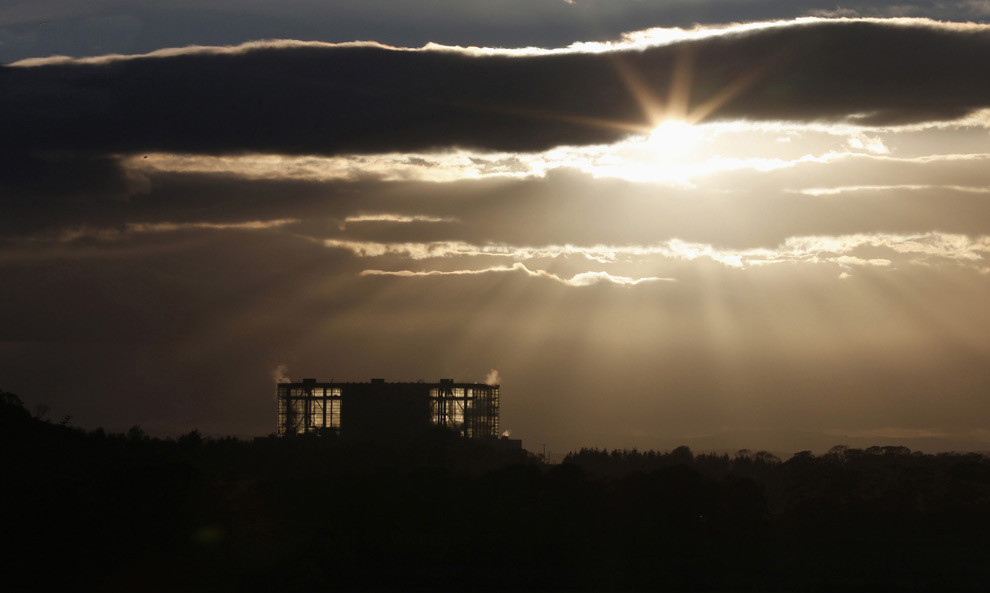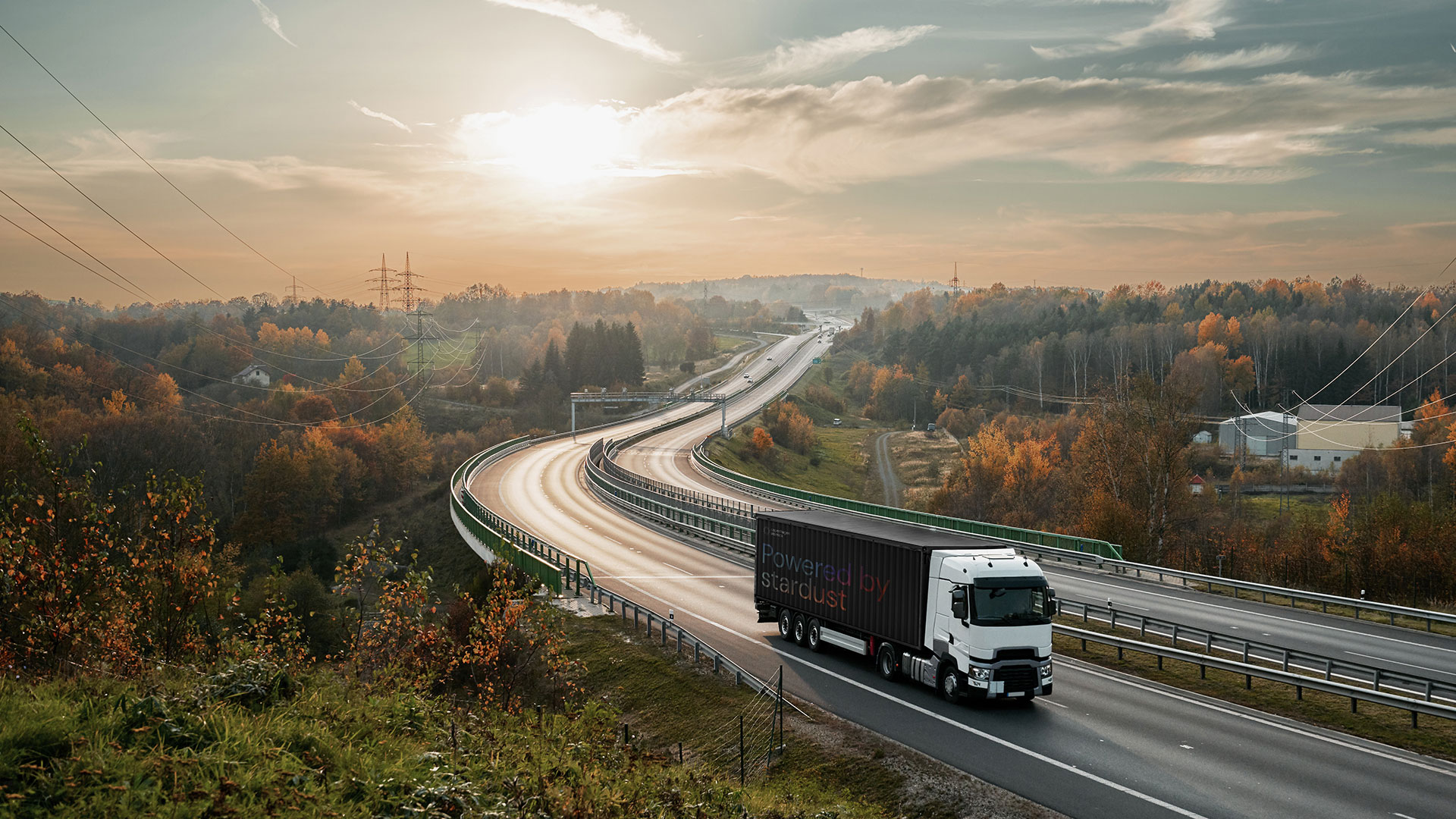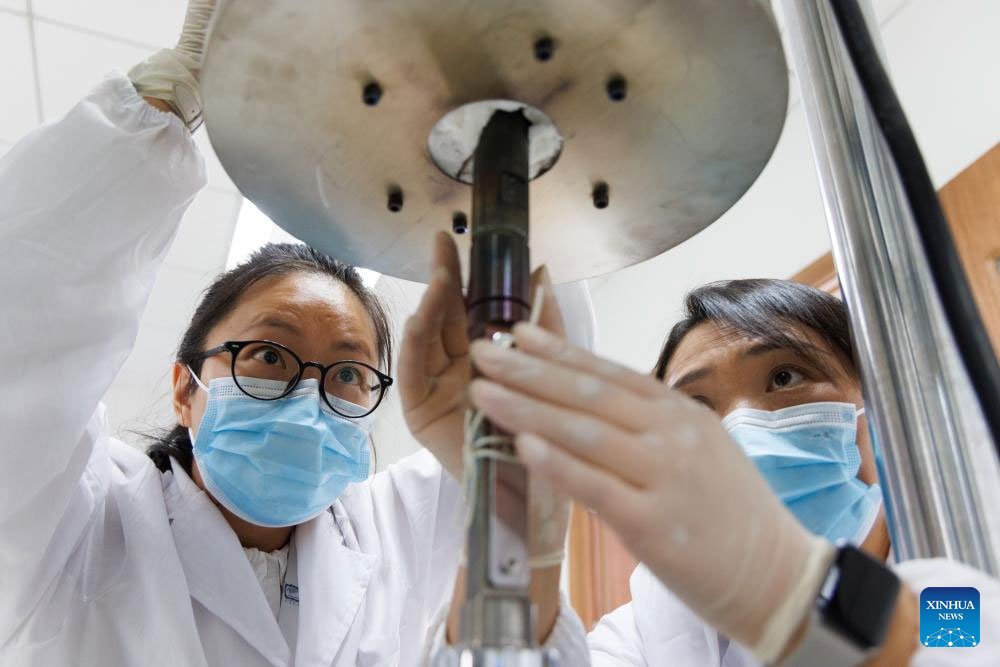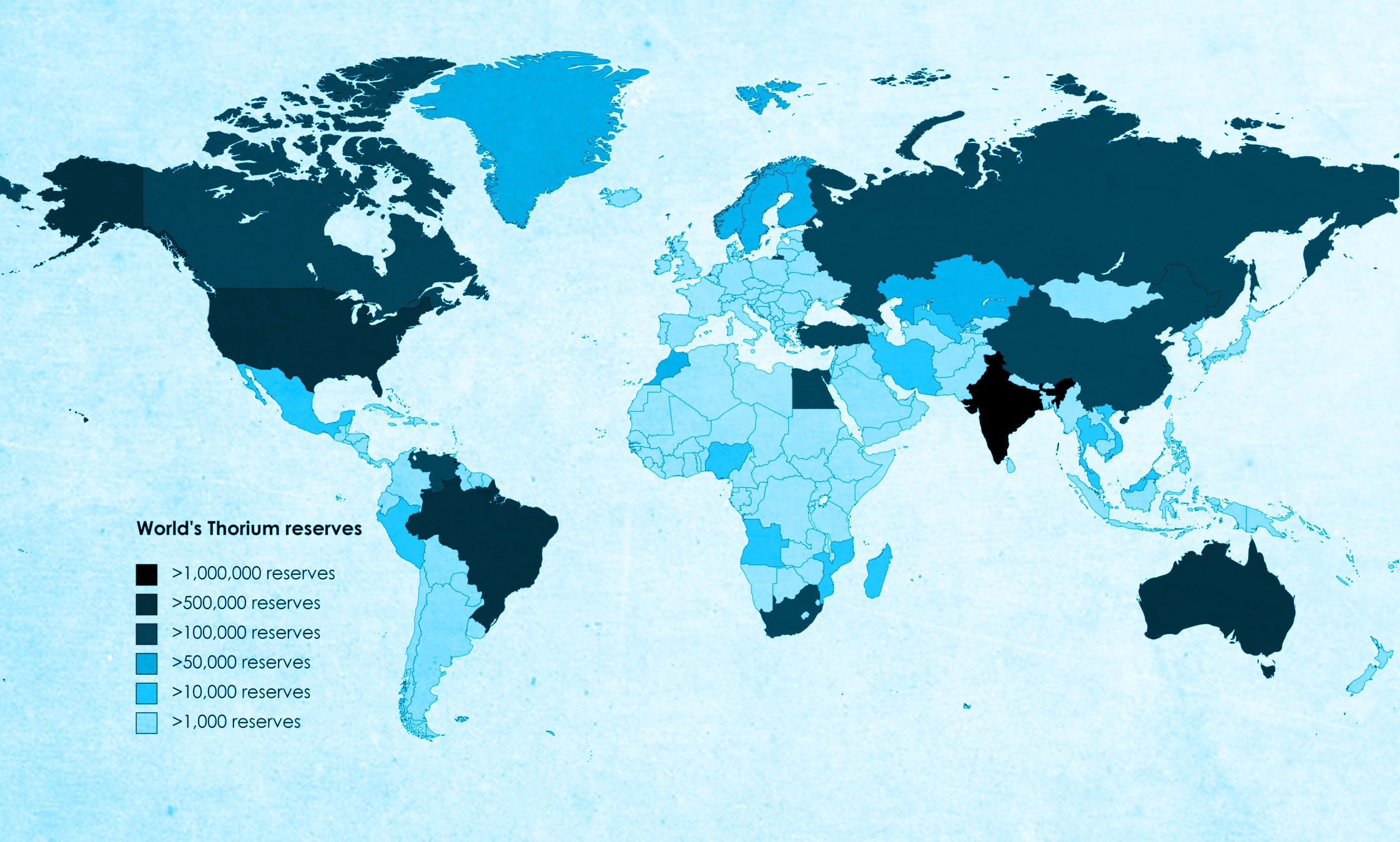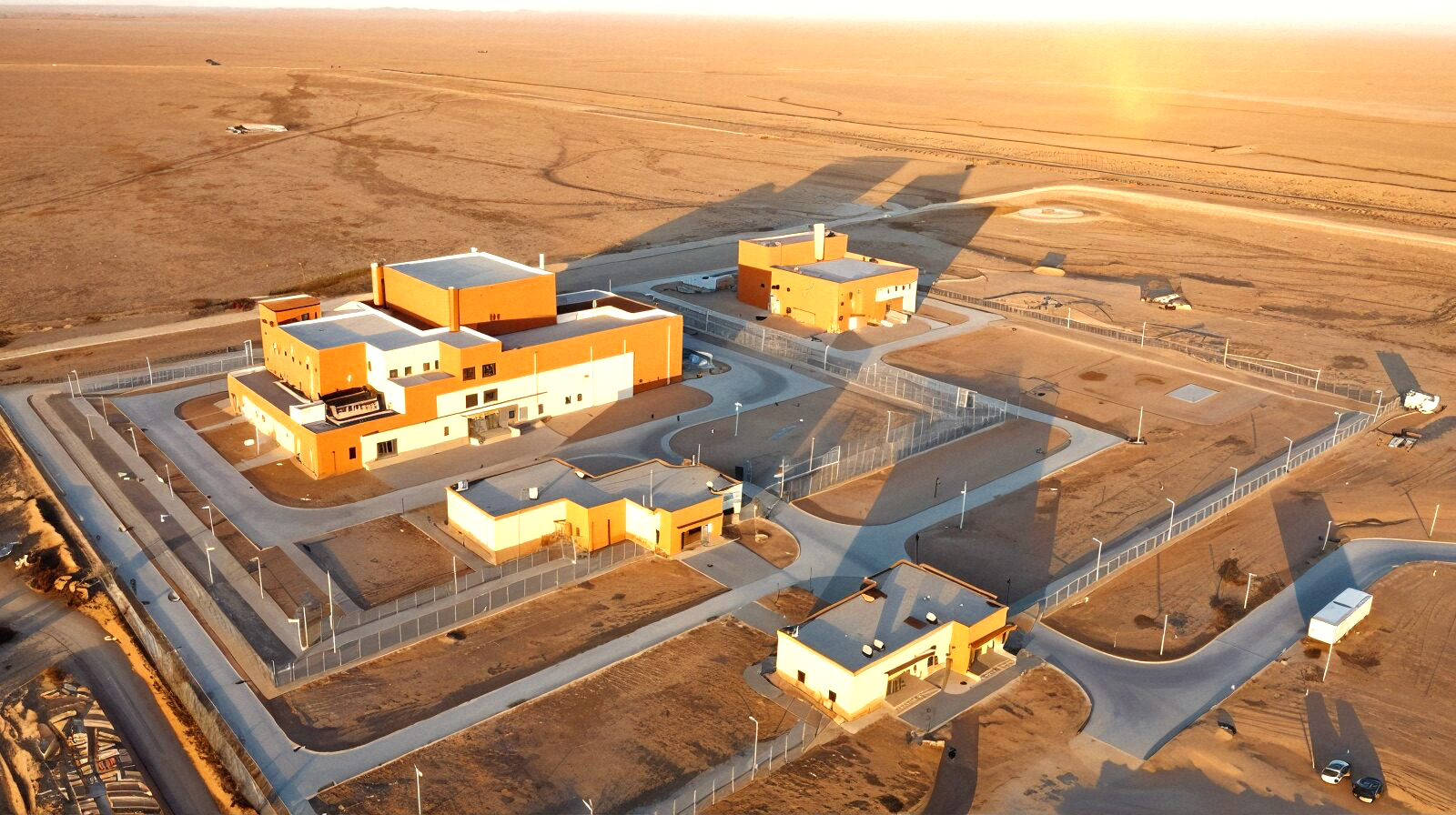Because of political delays over the past 30 years, there is no time to adopt revolutionary ideas like thorium fuel or fast-breeder reactors to close Britain’s energy gap writes The Telegraph:
To stand a chance of limiting global temperature rises to a manageable three degrees, rather than a catastrophic six, we need to stop burning coal to make electricity. Now. Nothing else matters: electric cars, reuseable plastic bags, and recycling are all sideshows. But to keep the estimated two trillion tonnes of coal (and gas, which is much better but still a CO2 producer) in the ground, we need something to replace it.
Old-fashioned greens trumpet wind and solar. But these are expensive, unreliable and still-inefficient technologies. To replace fossil-fuel output with wind and sunshine power (and perhaps tide and wave) would involve, as the government adviser Prof David MacKay put it a few years ago, “completely re-engineering” the British Isles, carpeting every hill with turbines, and erecting a vast offshore forest of windmills, at a cost of tens or hundreds of billions of pounds.
So we must be grateful for the deal last month between the Government, the French behemoth EDF and a Chinese consortium to build a pair of new reactors at Hinkley Point in Somerset, at a cost of £14 billion. By 2020, when the twin 1.6-gigawatt reactors are due to be switched on, Britain will go some way to closing the looming energy gap, the result of the shutdown of old reactors plus taking gigawatts of coal-power offline. The reactors will supply 7 per cent of our electricity – the same as the mighty Drax coal station, the UK’s largest.
But by plumping for an EPR design (European Pressurised Water reactor) Britain is locking itself – for decades – into what will soon be an arguably outdated technology, relying on a dwindling supply of uranium fuel and paying a high price for it (the “strike price” of 9.3p per kilowatt hour, index-linked, makes Hinkley C, by some estimates, the most expensive power station in the world).
Hinkley isn’t the only game in town. But the new boiling water reactors planned by Japanese-owned Horizon Nuclear Power for Wylfa and Oldbury are, like the Hinkley C plant, based upon old technology that will soon be obsolete. It is too late to change these designs, but could there be better alternatives if Britain’s nuclear renaissance continues?

